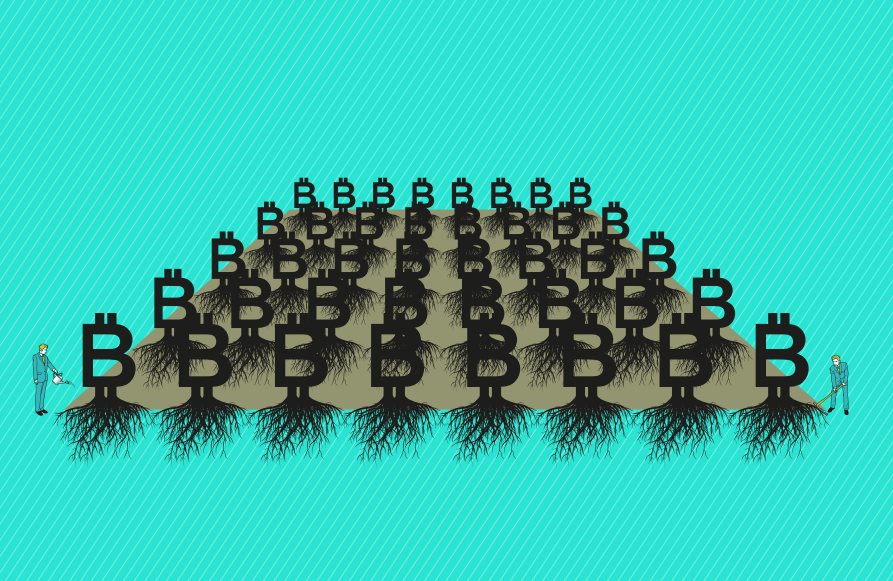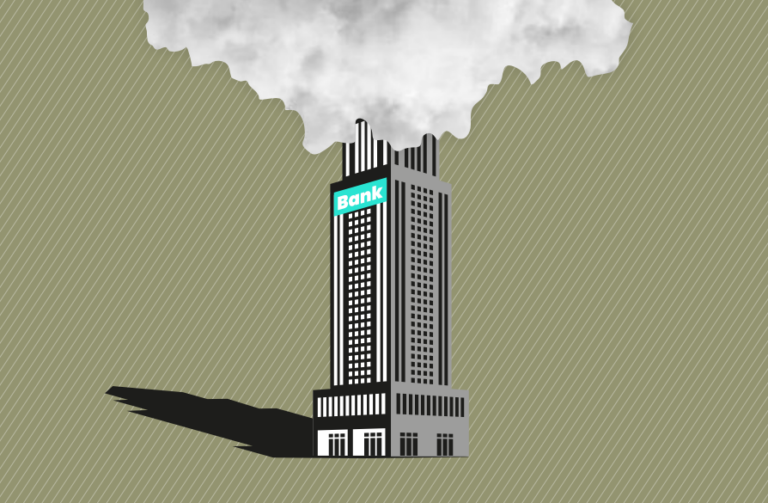
Fintech is expanding – and so are the risks
Fintech – the use of technology to deliver financial services – is expanding globally. Millions of people now use financial technology applications and tools on a regular basis and access services. Yet, as SOMO’s new report, Fintech’s red flags, demonstrates, the rapid and under-regulated growth of this sector carries significant risks for individual users, particularly the most vulnerable, and also for the economies of entire counties.
Amongst the risks – or ‘red flags’ – is how lending via fintech can drive unsustainable levels of indebtedness. Fintech allows unscrupulous financial service providers to find new and creative ways to extract profits from clients. With so few safeguards, people can find themselves in debt and no clear pathway out. For example, it is easy to loose oversight of spending or the cost of interest in buy-now-pay-later schemes.
Risky interconnections
Fintech is not only about easy online access to payment and credit, it is also increasingly used in new digital business models in the insurance and investment industries. Additionally, the growth of the sector involves risky digital interconnections and corporate co-dependencies between big tech, fin tech companies, the crypto world and big finance. Regulators have not kept pace with these developments, leading to serious gaps in the oversight of the industry.
“Fintech has many benefits, including convenience for many users, but the risks are being overlooked”, says SOMO expert Myriam Vander Stichele. “This has to change. It is not only individuals who face risks from a poorly regulated technology, but the corporate interconnectedness and co-dependency puts the governance and stability of the financial system at risk.”
Increasing hazards
SOMO’s new report shows how, for too long, governments have supported ‘innovation’ at the expense of regulation. As a result, many regulators now lack the expertise, the mandate and laws to sufficiently protect customers or to address the increasing hazards of the complex fintech developments now and in the future.
“We are more and more reliant on privately owned digital infrastructure whereas we need a solid public digital infrastructure governed in the public interest,” says Myriam Vander Stichele.
Given the risks it is important that civil society groups are able to play their watchdog role effectively: “We need to be able to assess how FinTech is affecting debt, inequality, social justice and even the energy transition,” says Vander Stichele. “It is important that we, as civil society, do not follow the regulatory example and cede this ground to private companies. We need to be alert.”
SOMO’s report is a tool for civil society and also a call to action, to develop more public-owned or publicly-accountable services, which protect the public interest.
Do you need more information?
-

Myriam Vander Stichele
Senior Researcher
Related content
-
Fintech’s red flags Published on:
 Myriam Vander StichelePosted in category:Publication
Myriam Vander StichelePosted in category:Publication Myriam Vander Stichele
Myriam Vander Stichele
-

-
The EU should not give in to Amazon’s weak commitments, civil society organisations sayPosted in category:Opinion
 Margarida SilvaPublished on:
Margarida SilvaPublished on: Margarida Silva
Margarida Silva -
How Big Tech is becoming the GovernmentPosted in category:Opinion
 Rodrigo FernandezPublished on:
Rodrigo FernandezPublished on: Rodrigo Fernandez
Rodrigo Fernandez -
The financialisation of Big Tech Published on:
 Rodrigo FernandezPosted in category:Publication
Rodrigo FernandezPosted in category:Publication Rodrigo Fernandez
Rodrigo Fernandez

